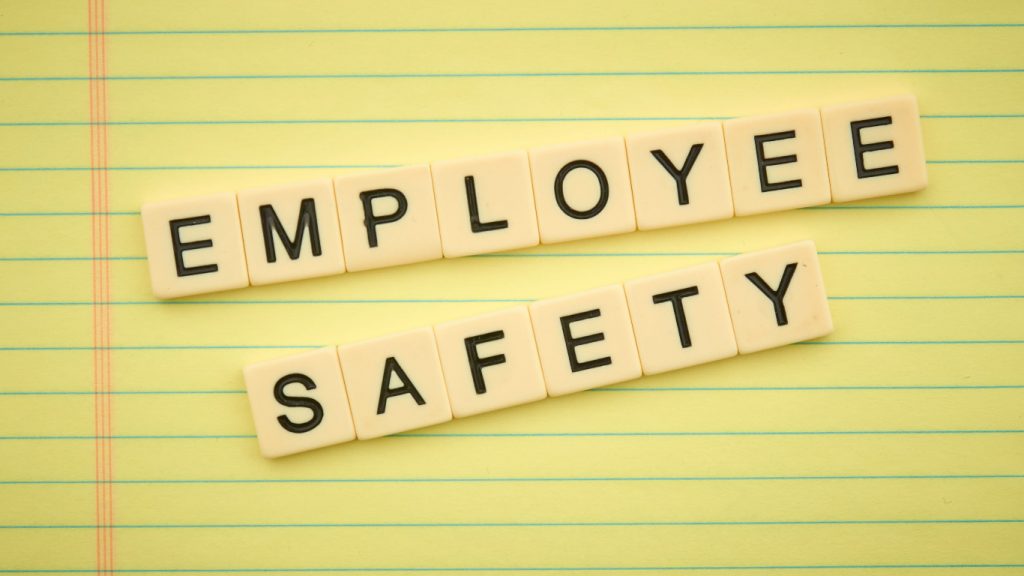Search
Serendipity! NJ just ordered new workplace safety measures for employees and visitors.

Image Credit: Pxfuel.com
Hot on the heels of yesterday’s blog post about mandatory face coverings for customers, New Jersey Governor Phil Murphy has signed this Executive Order designed to protect NJ businesses’ customers and employees further.
(Technically, the EO preceded my blog post. But I’m not keeping score.)
This press release from the Office of the Governor has a nice summary of the new EO:
[A]ll employers, at minimum, [must] require individuals at the worksite to maintain at least six feet of distance from others to the maximum extent possible and require employees and visitors to wear masks when entering the worksite, subject to certain limited exceptions.
Other protocols require employers to:
-
- Provide approved sanitization materials to employees and visitors at no cost to those individuals;
- Ensure that employees practice hand hygiene and provide sufficient break time for that purpose;
- Routinely clean and disinfect all high-touch areas in accordance with DOH and CDC guidelines;
- Conduct daily health checks, such as temperature screenings, visual symptom checking, self-assessment checklists, and/or health questionnaires, prior to each shift, consistent with CDC guidance;
- Exclude sick employees from the workplace and follow requirements of applicable leave laws; and
- Promptly notify employees of any known exposure to COVID-19 at the worksite.
Businesses can require that employees who refuse to wear a mask because of a claimed disability provide medical documentation. However, businesses cannot require any visitor or customer who refuses to wear a mask because of a claimed disability to provide medical documentation. NJ will also require that, where social distancing at work is not possible, the business must install physical barriers between workstations wherever possible.
While there is no private cause of action if your business violates the EO, the state will enforce the EO. That said, I want to point out two pitfalls where careless employers may find themselves embroiled in costly litigation.
First is the Fair Labor Standards Act. Under FLSA, employers generally have to pay for non-exempt employee breaks that are less than 20 minutes. Here, that would include the many short trips to the restroom/breakroom to practice hand hygiene.
Second, New Jersey has one of the most robust whistleblower laws in the country. Imagine a scenario where Eddie Employee leaves his mask at home and complains to management that ABC Company is not providing him with a replacement. ABC then fires Eddie. That’s a whistleblower claim, and a successful one if Eddie can show a nexus between his protected activity and the adverse employment action.
Of course, nothing in this new EO excuses employers from their obligations under the FFCRA, FMLA, NJFLA, or NJ’s Earned Sick Leave laws.
The EO applies to both private and public sector employers and will take effect at 6:00 a.m. on November 5, 2020.
 The Employer Handbook Blog
The Employer Handbook Blog


